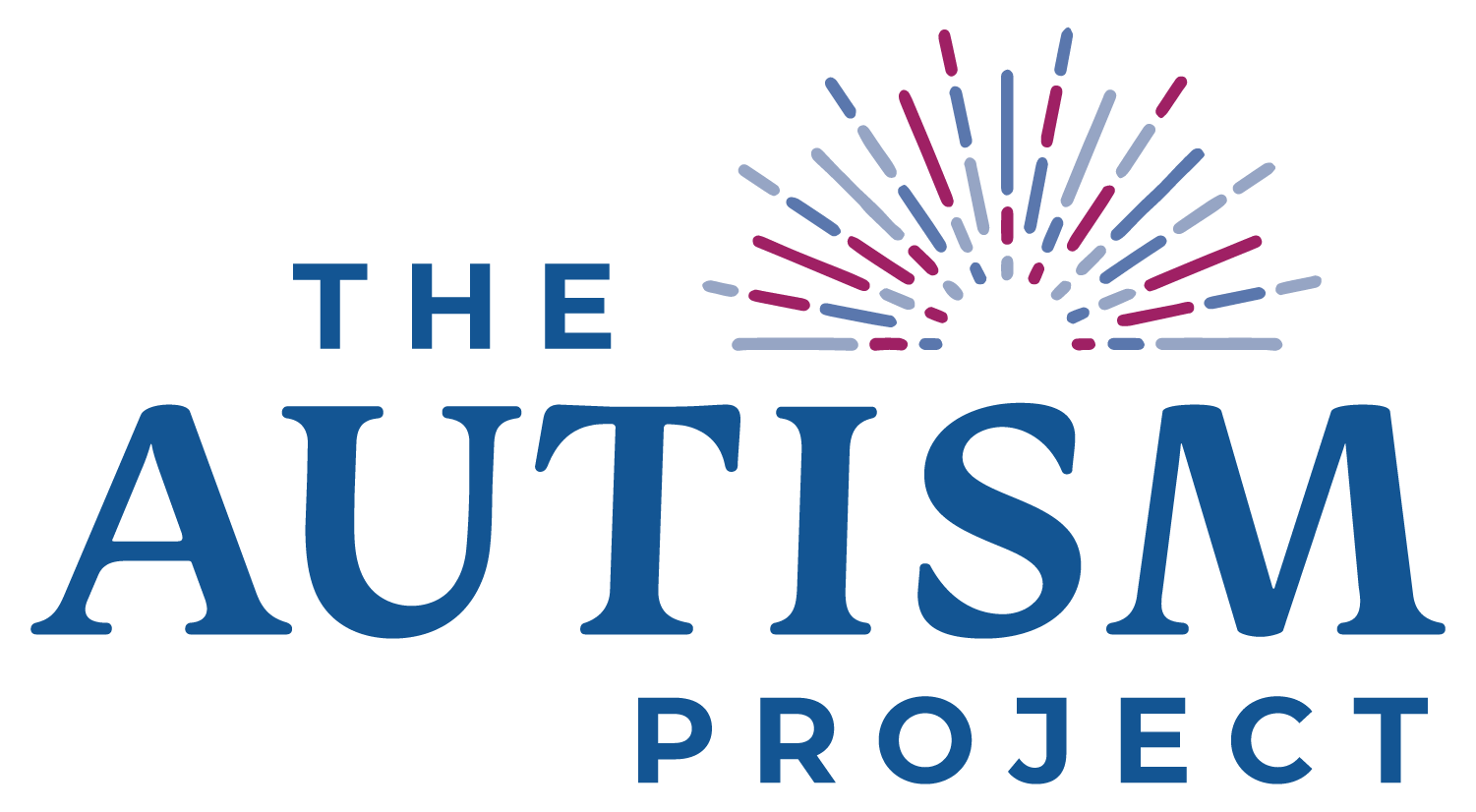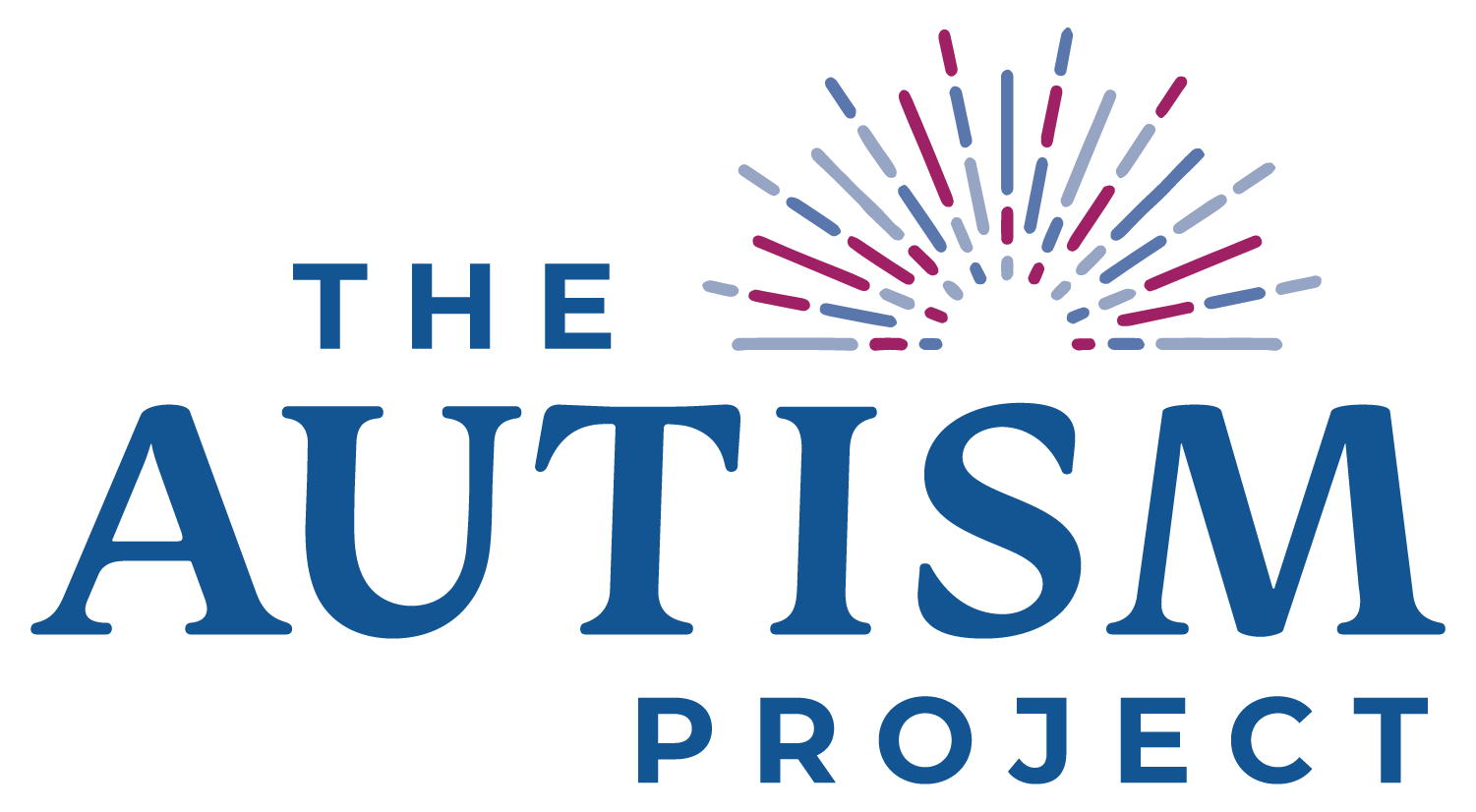Creating the Connections

Creating the Connections was an outreach and training effort funded through a federal grant from the Health Resource and Services Administration (HRSA). Creating the Connections facilitated access to screening, evaluation, and appropriate services for children and youth with or at risk for autism and other developmental disabilities; the program provided peer navigation, training, and resources for parents, professionals, and community members in Rhode Island, in English and Spanish, in service of that goal.
From 2016 to 2019, The Autism Project trained over 2,000 parents and professionals in developmental milestones and the early signs of autism using a curriculum based on the CDC's Learn the Signs. Act Early. In addition, TAP provided navigation to over 1100 families, and piloted virtual access to LIVE Parent to Parent workshops, and pre-recorded webinar versions of the aforementioned training.
The Family Support Team also attended outreach events and sat on committees across the state in order to connect parents, professionals, and communities to resources for families of children with or at risk for autism or other developmental disabilities - including information about screenings and diagnosis, shared resources for care coordination, and The Autism Project's support for parents of diagnosed children.
The funding life cycle of Creating the Connections ended in August 2019. The Autism Project is committed to continuing to provide as many of the program's free resources as possible to Rhode Island communities, and is actively working toward identifying a sustainable funding source for peer navigation for families of children with or at risk for ASD and other developmental disabilities. See the box below to learn more and inquire.
Creating the Connections Resources:
- No-cost training for frontline workers, families, and community members that engages participants in the stages of development, so they can recognize and act upon atypical development when they see it.
- Family support to autistic people and their families as they navigate systems of care.
- Tele-education to increase access to resources that promote screening, evaluation, diagnosis, and enrollment in appropriate services.




